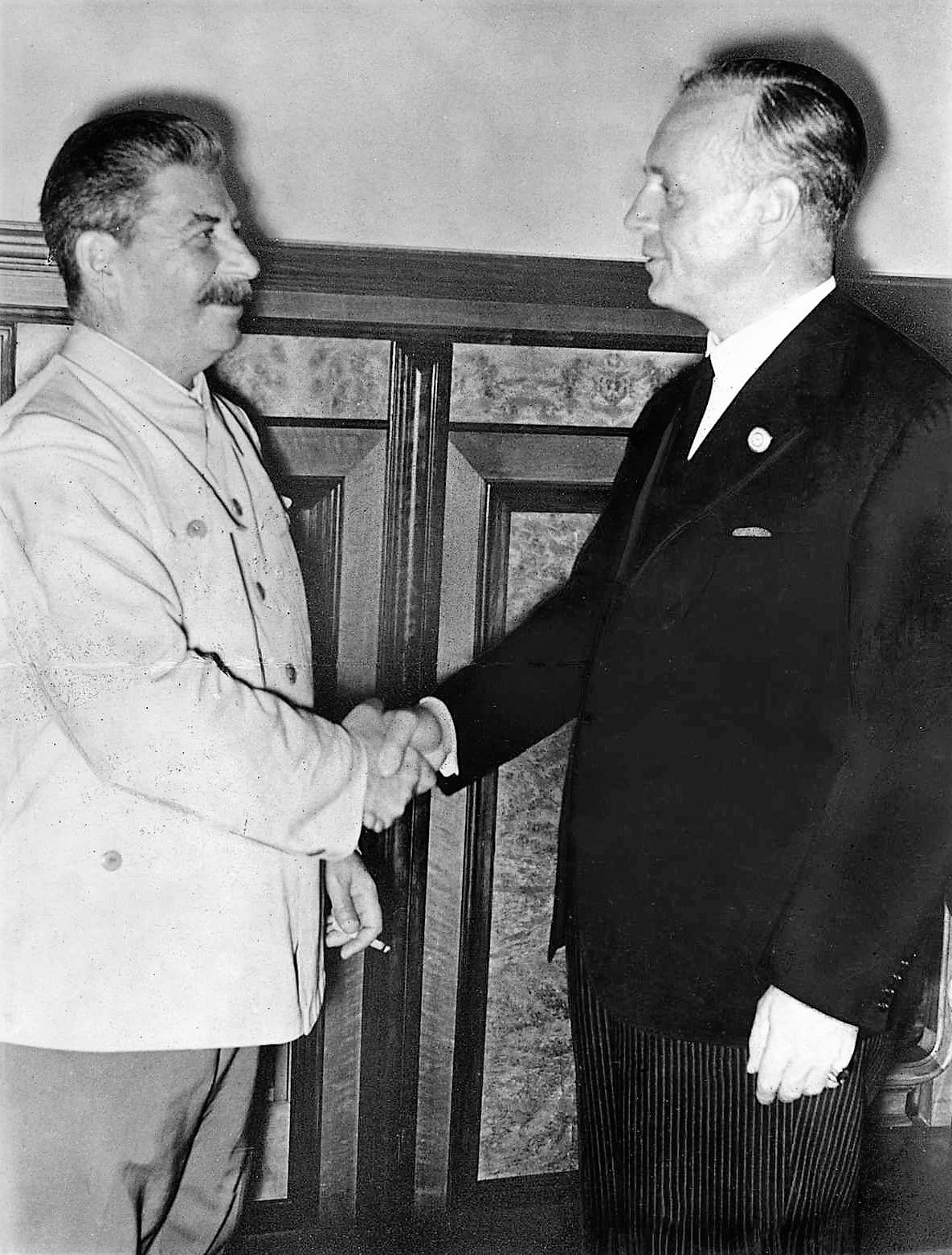Molotov-Ribbentrop Pact Confirmed as Catalyst for World War II, Dividing Eastern Europe

Recent social media discourse, including a tweet by Andrew Scheidl, has drawn attention to the historical narrative surrounding Russia's role in the onset of World War II and its subsequent actions in Eastern Europe. Scheidl asserted, > "Annual reminder that, while Russia likes to claim they won WW2, the surest thing is that they started it with their Nazi co-conspirators." This perspective aligns with historical records detailing the Molotov-Ribbentrop Pact.
The German-Soviet Non-Aggression Pact, signed on August 23, 1939, by Vyacheslav Molotov and Joachim von Ribbentrop, publicly stipulated non-aggression between the two powers. However, it contained secret protocols that carved out spheres of influence in Eastern Europe, notably planning the partition of Poland. This agreement, often referred to as the Hitler-Stalin Pact, effectively cleared the path for Germany's invasion of Poland on September 1, 1939, which initiated World War II.
Following Germany's invasion, the Soviet Union invaded eastern Poland on September 17, 1939, acting in accordance with the secret terms of the pact. This coordinated action led to the swift defeat and division of Poland between the two totalitarian regimes. Historical sources confirm that the pact also granted the Soviet Union influence over the Baltic states (Estonia, Latvia, Lithuania) and parts of Finland and Romania, which were subsequently annexed or brought under Soviet control.
After World War II, as Soviet forces advanced through Eastern Europe, they established communist-dominated governments in countries like Poland, Romania, Bulgaria, Hungary, and Czechoslovakia. While often framed as "liberation," these actions led to decades of Soviet influence and control, characterized by suppression of political dissent and economic integration into the Soviet bloc. As Scheidl noted, > "all the countries that the Soviets 'liberated' were in fact occupied. Those countries struggled for decades to escape Soviet/Russian oppression."
The enduring legacy of this historical period continues to shape geopolitical alignments in the region. Many Eastern European nations, having experienced Soviet domination, have since sought integration with Western alliances. Their pursuit of membership in organizations like NATO is often viewed as a strategic move to safeguard their sovereignty and deter potential aggression, reflecting the sentiment that they > "sought membership in NATO to forestall modern Russia's aggressions."